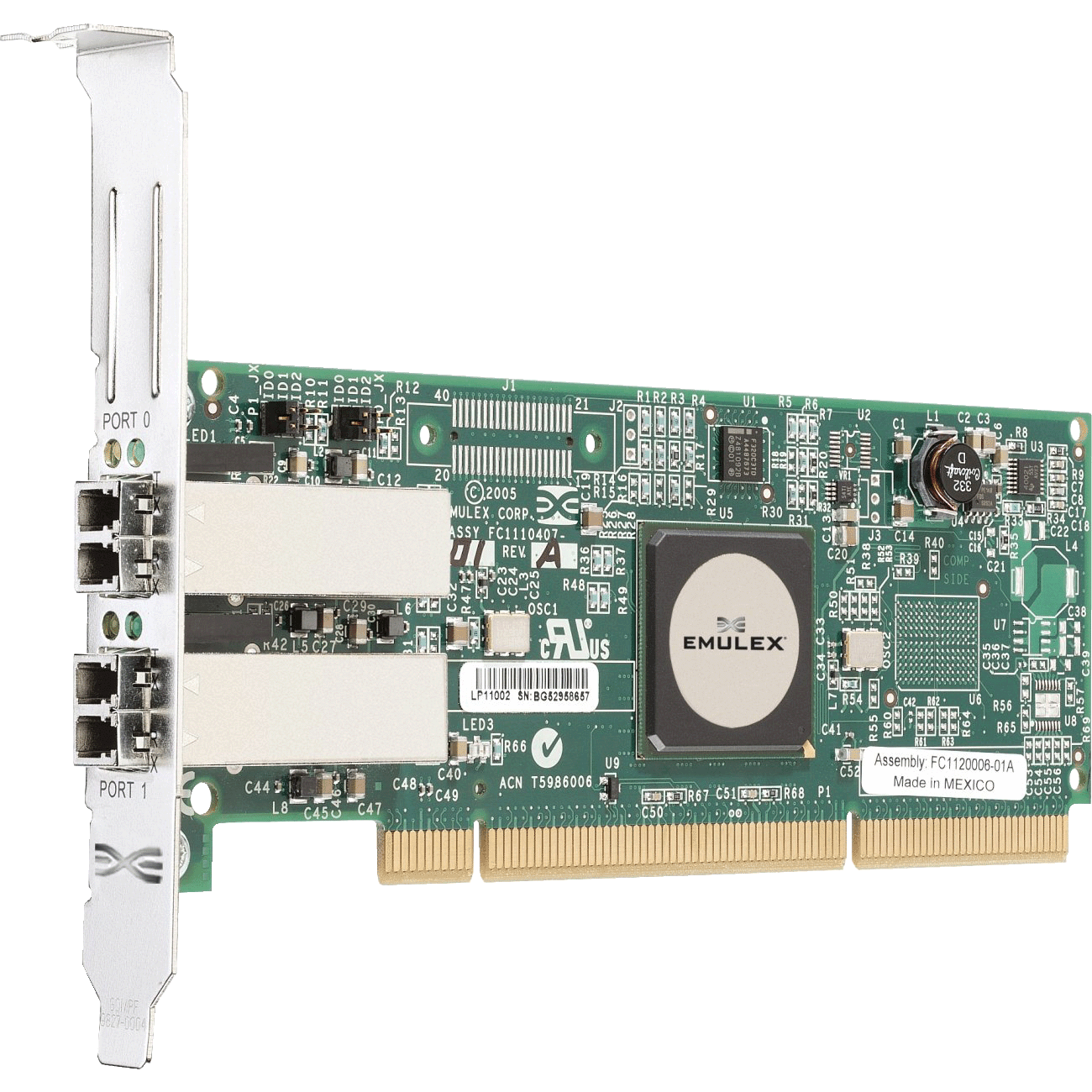PCI-X
Stands for "Peripheral Component Interconnect eXtended."
PCI-X is a local hardware bus for adding internal expansion cards to a computer. It extends the original PCI bus and allows users to install expansion cards with higher bandwidth requirements, like gigabit networking cards and SCSI storage controllers. Unlike conventional PCI slots, PCI-X slots are typically only found on server and workstation computers.
Conventional PCI slots can transfer data at a clock speed of either 33 or 66 MHz, resulting in a maximum data transfer rate of 133 megabytes/second. While this was good enough for most components in the early 1990s, higher-end components made later in the decade needed a faster interface. The first revision of PCI-X doubled the bandwidth of PCI, transferring data at 133 MHz. A second revision, PCI-X 2.0, supported double data rate (266 MHz) and quad data rate (533 MHz) transfers, supporting a theoretical maximum data transfer rate of 4,264 megabytes/second.
PCI-X slots on a motherboard are backward compatible with conventional PCI cards. A PCI-X slot is longer than a 32-bit PCI slot, but is the same size and pin layout as the uncommon 64-bit PCI slot. A PCI card can fit into a PCI-X slot and function normally; some PCI-X cards with the right pin notches can fit into a 32-bit PCI slot (with part of the edge connector hanging out over the end of the slot) and still work at significantly reduced bandwidth.
The PCI-X bus first arrived in 1999, and the updated PCI-X 2.0 specification followed in 2003. Neither version saw significant adoption outside of the server market. PCI Express, also introduced in 2003, was an entirely different design that was faster and more efficient at transferring data. By the end of the 2000s, PCI Express was the widespread expansion bus standard, and PCI-X was limited to server motherboards designed to support legacy hardware.

 Test Your Knowledge
Test Your Knowledge